|
By Minh Nguyen Jaylen Bastos is always hands on in teaching people. A 27-year-old Queer ecologist ), Bastos (they/them) founded a land-based environmental learning organization called Zoboomafoolish in 2021, where they gave lessons to youth and young adults on wildlife, water streams and soil. Also featured are online classes and apodcast on decolonization and queer ecology. However, Bastos does not stop at education. With Zoboomafoolish, they also plan to create a photo/video archive of people of colour (POC) in the environmental field. “There’s almost a prize for being a POC in the environmental field. You wouldn’t have that reaction if there were more people [in it].” – Jaylen Bastos, Urban Ecologist. A self-starter, Bastos seeks to give people access to environment education while increasing POC representation in environmental science. Born in Toronto to Jamaican and Brazilian parents, Jaylen Bastos moved to Vancouver in 2015 to begin a bachelor’s degree in Natural Resources and Conservation at the University of British Columbia (UBC). An outdoor person, they have always been interested in nature. “Nature isn’t separate or far away from the city, it’s a part of it,” said Bastos, who has short curly hair, a septum piercing and a smile that shines whenever they stop talking to listen. Bastos is now completing a PhD in Forest Sciences at UBC, where they are also working on theUrban Wildlife Project with the Faculty of Forestry. Additionally, the activist juggles multiple roles. A wildlife videographer and an event planner for different environmental organizations, Bastos also cohosts another Queer-themed podcast named Goats and Oats since 2020. At Zoboomafoolish, attendees can book directly from the foundation’s website, though some schools or organizations also work directly with Bastos to hold sessions of six to 30 people. Priced at $150 - $400/hour, each session always wows people with its energy. “I try to make it fun, [with] at least one memorable part,” Bastos’s voice boomed while they swirled their hands in the air. Nonetheless, the priority is to give people an accessible and engaging education. “I think it’s more effective to give people the opportunity to ask their own questions and set their own goals.” The curriculum is based on Vancouver’s wildlife. If it were based on Toronto’s, Bastos would make it “bigger and better.” “Toronto has a much more diverse wildlife and landscape than Vancouver.” Besides urban animals like foxes and coyotes, the 6ix is home to the white-tailed deer and the Northern cardinal. Zoboomafoolish currently makes no profit; all of the revenue goes back into new equipment or materials. Bastos also struggles with connecting with more schools to have sessions during the school seasons – currently students only enroll during their breaks. As well, It is challenging for Bastos to buzz between different projects. Bastos is no stranger to shouldering multiple burdens at once. When they were a full-time undergraduate, they had to shuffle between two full-time jobs to pay tuitions and expenses. “The privileged white peers don’t have the same experience,” said Bastos, smearing their index fingers on their temples while pondering. Peter Soroye, a PhD in Conservation Biology at the University of Ottawa, also feels lost in academia. A researcher with Nigerian roots, Soroye experienced microaggression from his white peers including imposter syndrome. “When you’re the only representative of African-Canadian culture in the room, [people have expectations on you],” said Soroye, also the Outreach Coordinator at Wildlife Conservation Society Canada. His doctoral research project concerns the impact of climate change on bumblebees. According to a 2016 Census, while 68.6% of POC Canadians aged 25 – 64 have a postsecondary, Blacks and Latin Americans are less likely to attend university than whites. In Toronto, Black high school students are more likely to enroll in applied programs, with a lighter course load, than academic ones. Forty-two percent have also been suspended at least once. Also, environmental science is often viewed through a white lens. In March 2021, federal lawmakers voted a bill to collect data on environmental racism, to study Indigenous, Black and other racial minority communities exposed to higher levels of air and water pollutions. “My goal is to provide [my audience of POC] a fuller and more realistic picture of the environment” – Jaylen Bastos Bastos also wants to “push back professionalism,” from dressing stylishly to embedding their Queer identity into science. At UBC, attendees learn about queer behaviours in the animal kingdom as part of the Intro to Queer Ecology course. As strange as they sound, non-heterosexual animal behaviours are actually common. Thirty-one percent of albatrosses in the Hawaiian island of Oahu are same sex. Clownfish males can change their gender if their female partner is eaten. “As academia is taken as this serious, dry, clear-cut place, there isn’t a lot of room for hypervisible groups of people to be taken seriously,” said Bastos. Getting people into academia is not their goal, however; it is the other way around. “I want to bring academia to marginalized people.”
For Zoboomafoolish’s future, Bastos does not have any concrete goal post. “[Doing that] can set you up for failures if you don’t achieve them [due to] external issues,” said Bastos. They want to reach a goal of creating a record of: “where we are and the conversations we have.” By Claudia Cheung April is World Autism Awareness Month. To raise awareness around autism, VIBE 105 interviewed Michael Cnudde and Tatum Shiff from Autism Ontario, and Dominique Chabot from Autism Canada.
By Akilah James Ramadan – the holiest month for Muslims around the world - is upon us. Every year, Muslims partake in a period of fasting and spiritual growth as a part of the five pillars of Islam. However, with strict rules put in place to limit the spread of the highly contagious COVID-19 disease, many of Ramadan’s rituals and festivities will be differently this year, again.
By Claudia Cheung The United Nations has recognized February 20 as the World Day of Social Justice. Just weeks ago the world commemorated the International Holocaust Remembrance Day - in memory of the Nazi concentration camp victims and survivors. The dark and violent history seems to be repeating itself right before our very eyes in in the form of “concentration camps” in China. Wherein the Uyghur ethnic minority – predominantly Muslim - detained, tortured, raped, mass murdered and “re-educated” to rid them of their religious identity. A cultural and religious genocide, unfolding.
By Akilah James (@ajxmesss) In Ontario, Black children often face bitter experiences of anti-Black racism and oppression within our educational systems. This can see them pushed right out of the classroom and straight into the criminal justice system.
By Akilah James (@ajxmes) In September 2020, Prime Minister Justin Trudeau announced Canada’s first Black Entrepreneurship Program (BEP) – a nearly $221 million investment to help thousands of Black entrepreneurs across the country. The program is designed not only to help Black businesses recover from the impact of COVID19, but also assist in growing their businesses.
|
Recent Posts
Categories
All
Archives
February 2022
|
|
GET THE APP!
Listen to VIBE 105 anywhere you go!
|
OUR STATION
|
TUNE IN RADIO
|
STAY CONNECTED
|
Copyright © 2021 Canadian Centre for Civic Media and Arts Development Inc. Except where otherwise noted, presentation of content on this site is protected by copyright law and redistribution without consent or written permission of the sponsor is strictly prohibited.


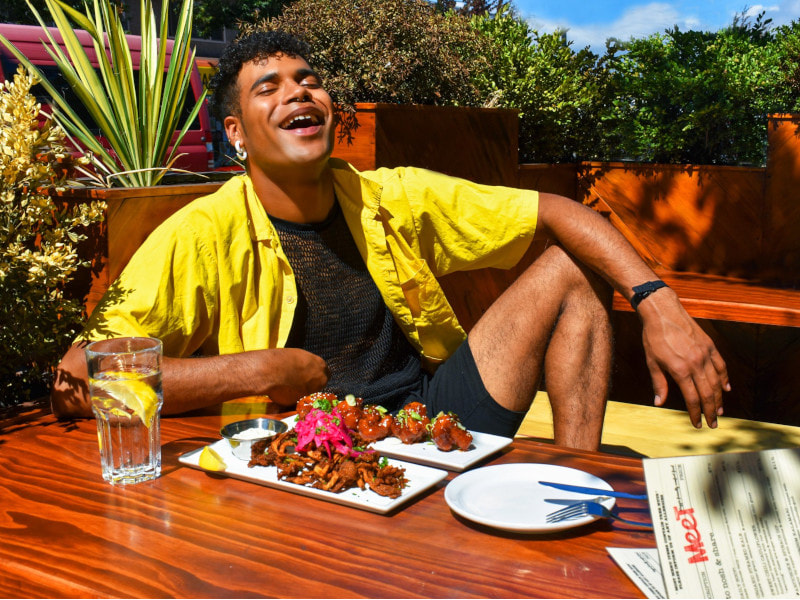
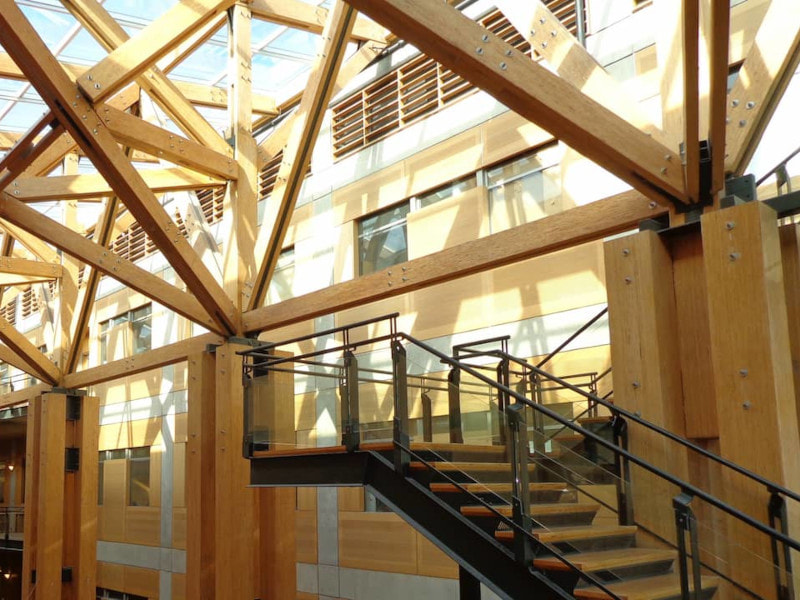
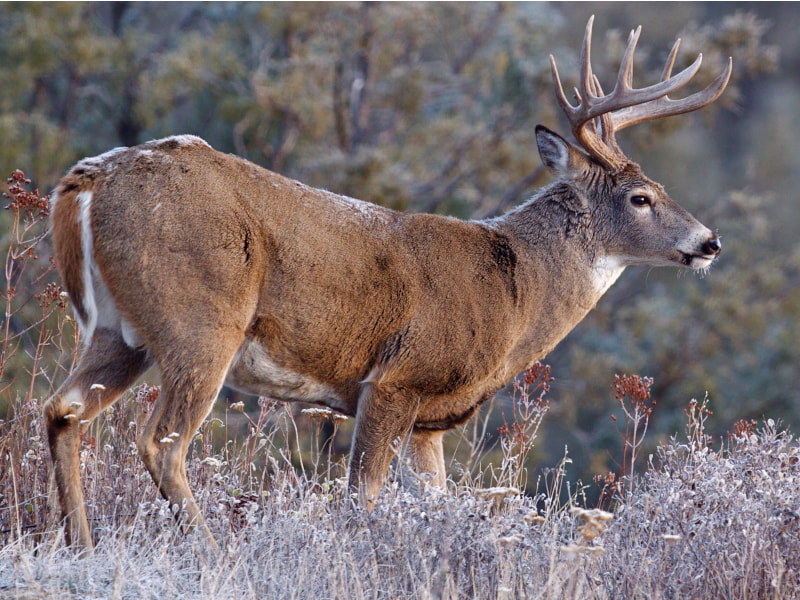
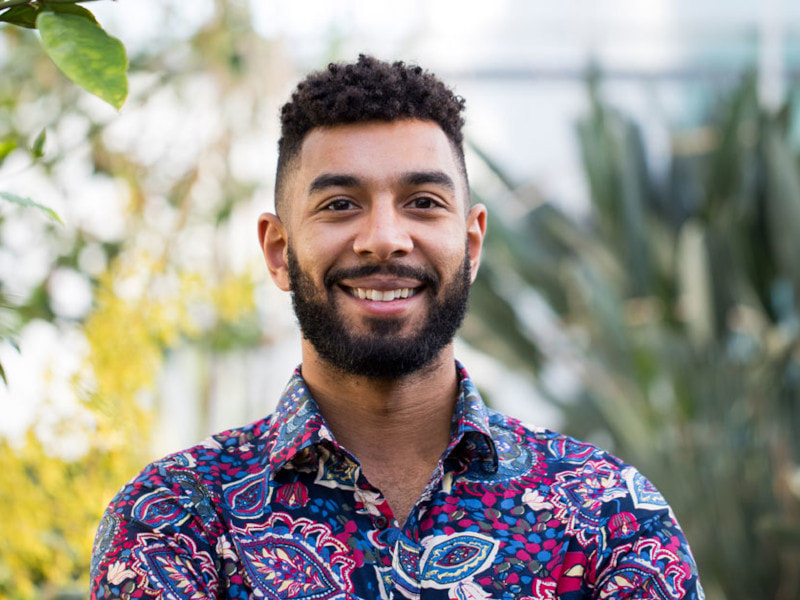
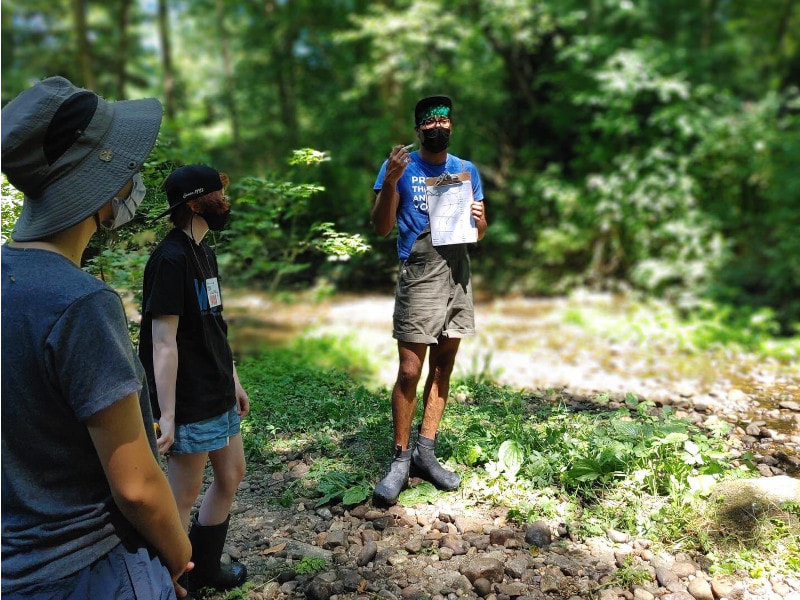
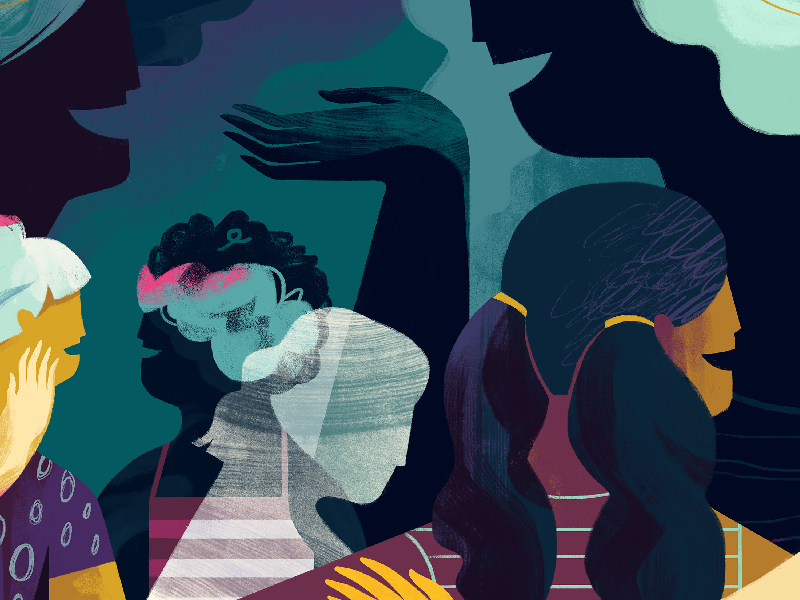
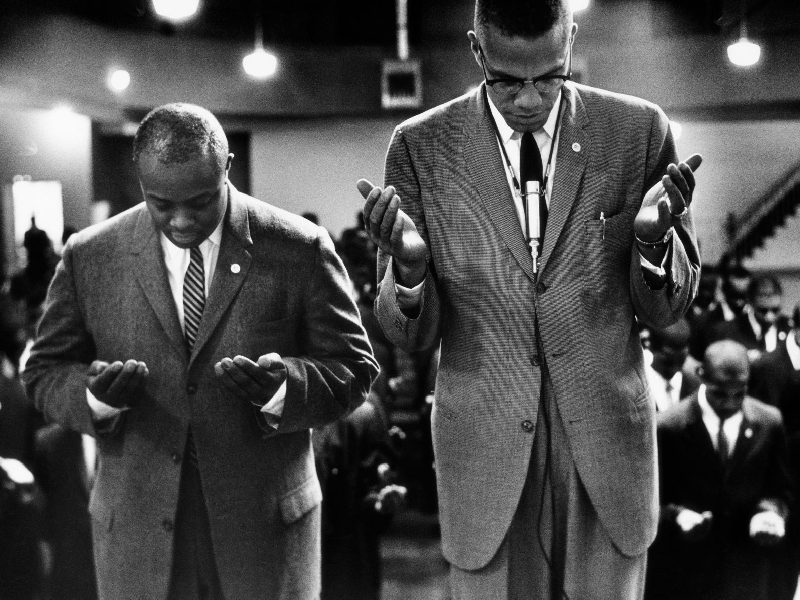
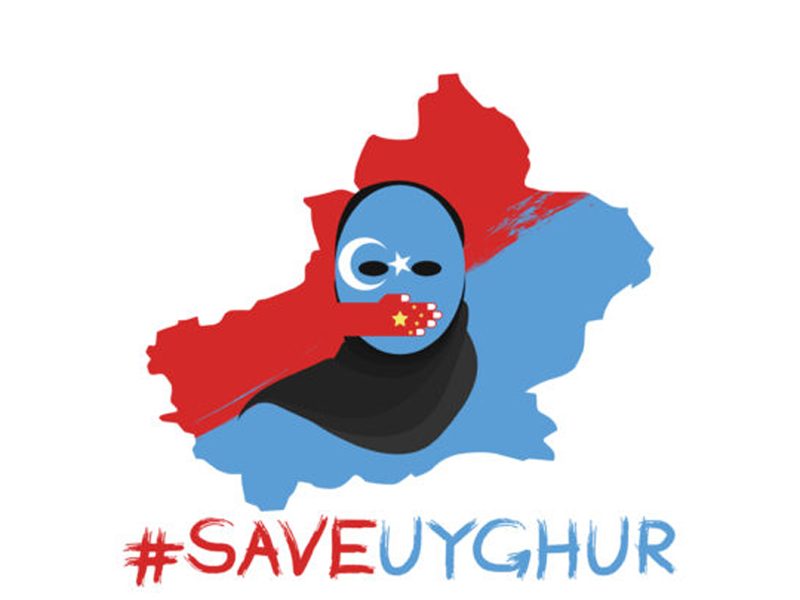
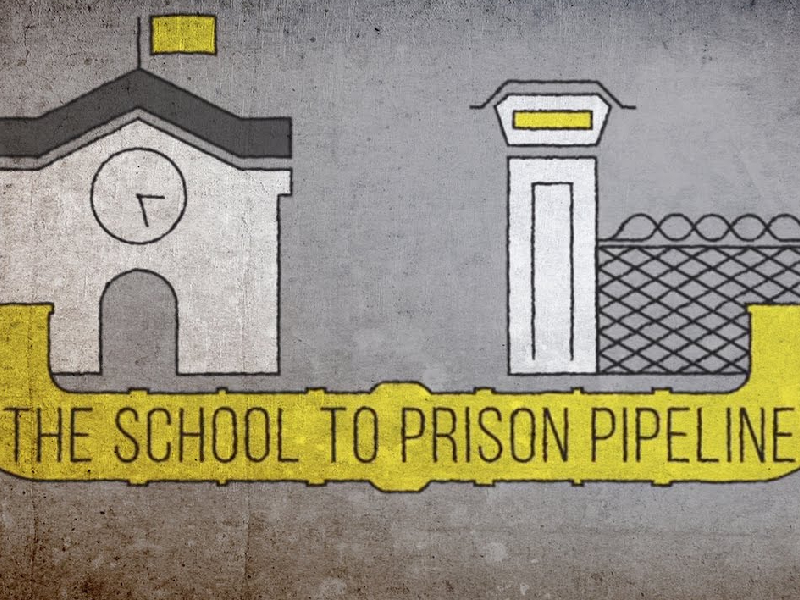
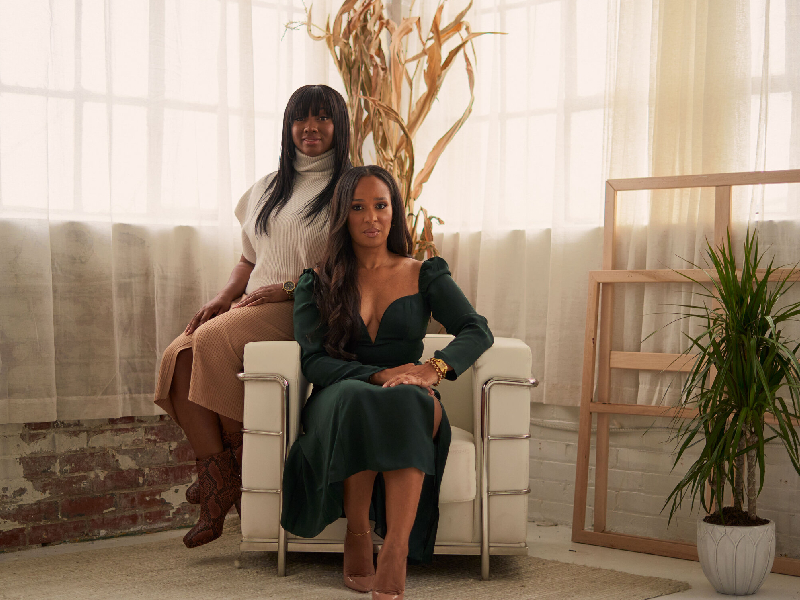
 RSS Feed
RSS Feed


